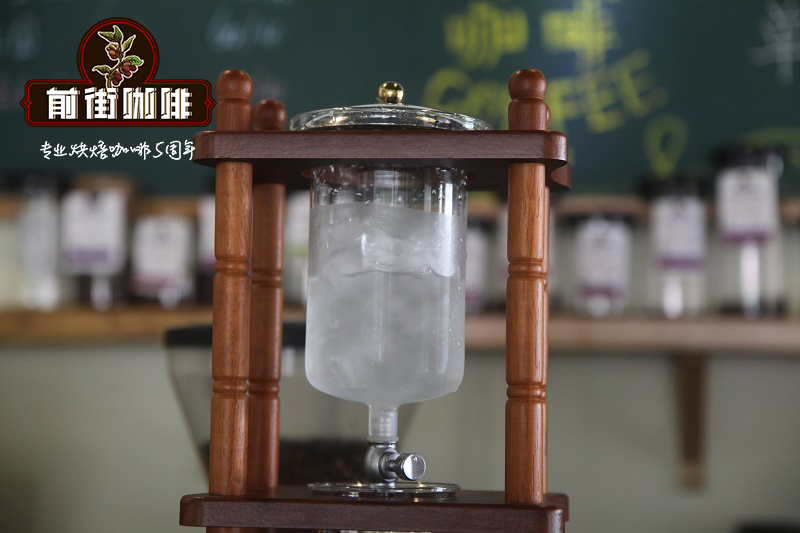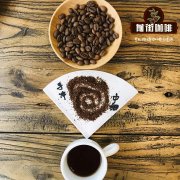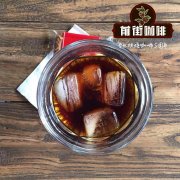Why Yemeni Coffee is also called Coffee Queen Yemeni Coffee has its own taste and flavor

Professional coffee knowledge exchange more coffee bean information please follow the coffee workshop (Wechat official account cafe_style)
Yemeni coffee mocha Matali
When it comes to Yemeni coffee, it immediately reminds people of thick and wild sun beans.
Yemeni coffee has a long history. Arabica beans were introduced from the Hara region of Ethiopia in the 6th century.
Since ancient times, coffee farmers in Yemen have been planting in accordance with the ancient methods handed down by their ancestors.
Because of the rugged terrain and the lack of rainfall, coffee farmers choose terraces or depressions for planting.
And choose a place that is not easily exposed to intense sunlight.
In addition, most Yemeni farmers are poor and cannot buy pesticides, almost all of them are cultivated naturally and organically.
Madali (also translated as Matali) is the best-known and highest-altitude coffee-producing area in Yemen.
The planting area is concentrated in the Mata Heights west of the Yemeni capital Sana'a (2000-2400 m above sea level).
Limited by the lack of rainfall, lack of arable land and other factors, the annual output is not much.
The raw beans of Yemeni mocha coffee are treated in the sun, and the fruits are harvested and spread on their own courtyard or roof.
At first, the Yemeni coffee beans were exported to Europe from the port of Mocha in the southwest, so the coffee beans exported from the port of Mocha were later called mocha coffee.
The variety is Arabica, the coffee granules are small but the hardness is very high, among which Mattari (also remade Matali or Matali) is the most famous and the best quality.
With rich berry aromas and consistency, it is regarded as high-priced coffee in Europe, the United States and Japan. The bean is slender in shape and has a strong, thick flavor with obvious berry aromas.
Yemeni coffee flavor description: full-bodied but with clean flavor lines, low acid value, but charming fruity flavor, berry, blackcurrant, chocolate, honey, fruity and lingering finish
Medium roast-Yemeni coffee taste performance:
Bright and clear berry, fruit, wine, chocolate, drupe, lemon, sweet and sour taste, fresh and bright aroma stay in the nose (delicate slightly sour taste, suitable for coffee lovers who like to taste sour fruit).
Medium and deep roast-Yemeni coffee taste performance:
Strong fresh berry, red wine, subtle chocolate, floral, medium consistency, changeable wild aroma changes back to sweet! No sour, no bitterness and rich aroma changes, suitable for lovers who like to taste the original coffee.
Related recommendation: what is mocha coffee? Yemeni mocha-Matali sun beans are the real mocha coffee beans in Yemen
Important Notice :
前街咖啡 FrontStreet Coffee has moved to new addredd:
FrontStreet Coffee Address: 315,Donghua East Road,GuangZhou
Tel:020 38364473
- Prev

What kind of coffee is Moka Java, Yemen, one of the earliest blends in the world?
Professional coffee knowledge exchange more coffee bean information please follow the coffee workshop (Wechat official account cafe_style) Yemeni coffee Yemen coffee lovers must know that coffee was first found in Ethiopia in Africa, but the real development of coffee is in Yemen. Around the beginning of the 17th century, the port of Mocha in Yemen was a thriving trading port.
- Next

Cold extract coffee unique recipe cold extract coffee how to make a good drink
Professional coffee knowledge exchange more coffee bean information Please pay attention to the coffee workshop (Wechat official account cafe_style) cold extracted coffee is standard in summer, if you are also a true fan of cold extract, then you might as well try different positions with us. Cold extracted / Cold brewed Coffee (COLD BREW) the concept of cold extracted coffee is similar to that of cold brewed tea. During the extraction process, the coffee beans are ground and injected with cold water.
Related
- Beginners will see the "Coffee pull flower" guide!
- What is the difference between ice blog purified milk and ordinary milk coffee?
- Why is the Philippines the largest producer of crops in Liberia?
- For coffee extraction, should the fine powder be retained?
- How does extracted espresso fill pressed powder? How much strength does it take to press the powder?
- How to make jasmine cold extract coffee? Is the jasmine + latte good?
- Will this little toy really make the coffee taste better? How does Lily Drip affect coffee extraction?
- Will the action of slapping the filter cup also affect coffee extraction?
- What's the difference between powder-to-water ratio and powder-to-liquid ratio?
- What is the Ethiopian local species? What does it have to do with Heirloom native species?

